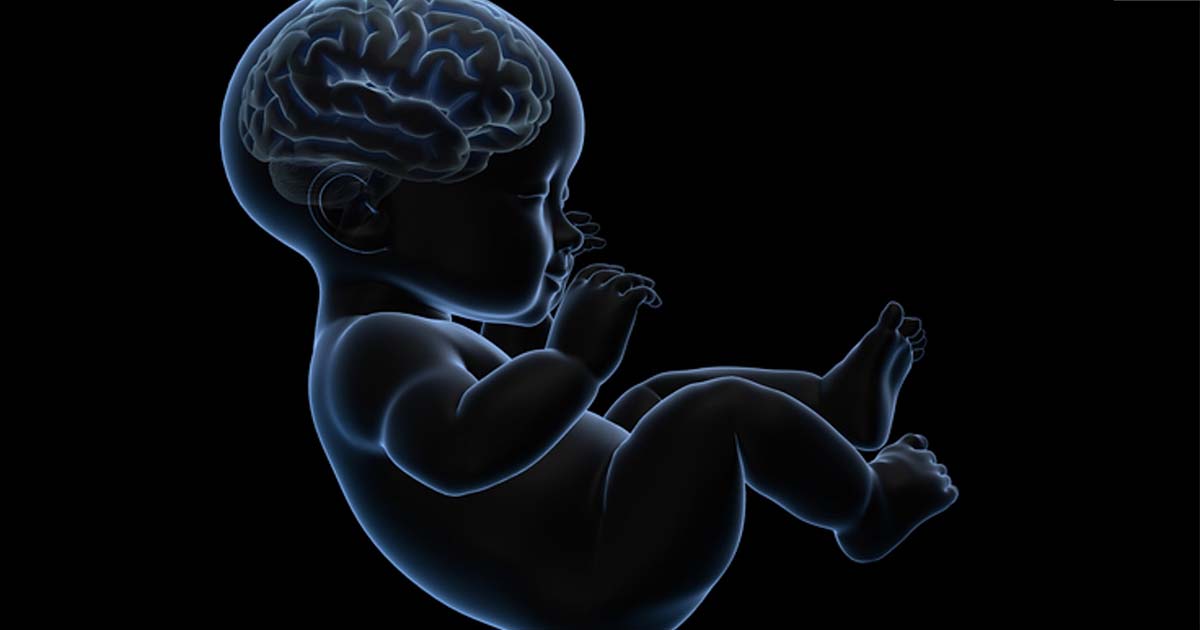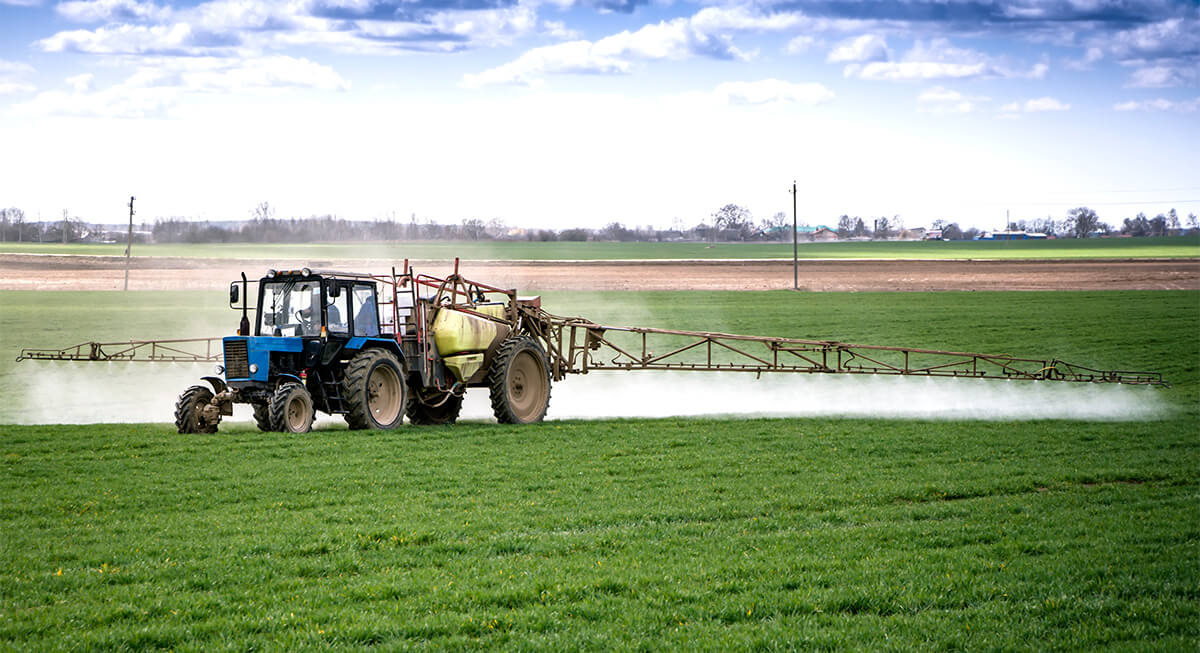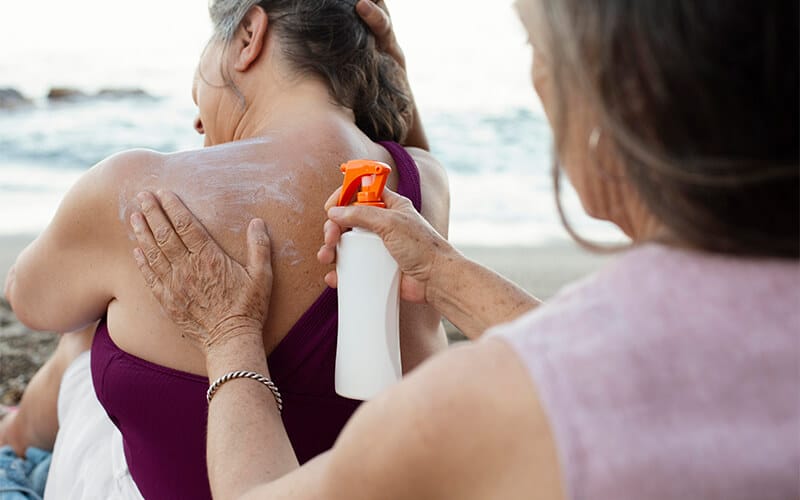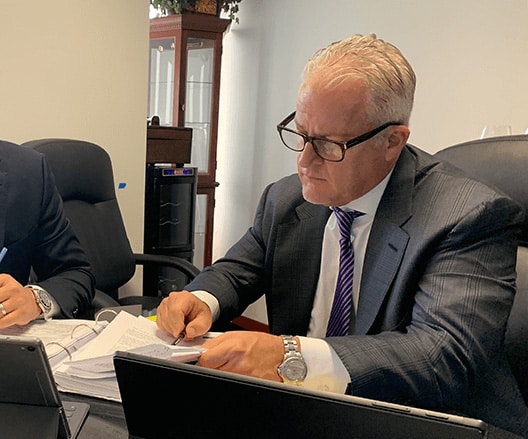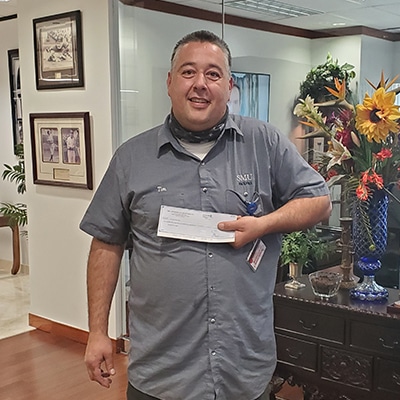Read the recent Camp Lejeune water contamination lawsuit update in 2022 with the lawyers at The Lidji Firm. Act now if you were stationed there.
The lawyers at The Lidji Firm are still keeping an eye on the situation to see if there are any instances in which someone would be entitled to compensation for harm brought on by this contaminated water.
If you or veterans and military families you know were stationed at Camp Lejeune and have now been diagnosed with cancer or another medical issue, you should speak with an experienced attorney as soon as possible. It is in your best interests to hire a lawyer who has experience handling situations similar to yours because new legal options are now open to veterans who have developed major medical ailments.
Totally Free Case Review by the Lidji Firm with our Camp Lejeune
Tell us about your circumstance so that we can begin to advocate for you. Each case is customized to our client’s needs.
Who and When Were Exposed at the Camp Lejeune Site?
The drinking water at Jacksonville, North Carolina’s Camp Lejeune of the United States Marine Corps may have been tainted from 1953 through 1987. Nearly 1 million military personnel, civilian employees, and both sides’ families may have been exposed to substances that could have caused health problems like cancer. You might be eligible to file a case for damages if you or someone you know had health problems after ingesting or coming into touch with the water in this area.
How Can You Tell If Your Water Is Contaminated?
Anywhere you drink water, you assume it will be secure and suitable for you and your family to consume. Water is used for a variety of purposes, including drinking, bathing, and cooking. Since local governments that oversee waste treatment and water services are required to do extensive testing and cleaning procedures on the water, the majority of people would never suspect that there is a problem with their water supply.
This, however, does not take into consideration the abrupt buildup of harmful compounds in a water supply as a result of various accidents. For instance, it’s possible that the problems that caused the water contamination at Camp Lejeune weren’t discovered until years later by research. However, many service members and their families continued to regularly consume and use the polluted water in the interim.
You must inform your doctor if you experience any unusual ailments or symptoms. More information regarding the potential causes of your ailment can only be provided by your doctor. Since many doctors wouldn’t anticipate that you’d been exposed to hazardous water, they typically don’t start with it or check for it during your diagnostic procedures. Typically, they start by ruling out other conditions.
Because of this, some of the undiscovered issues connected to your cancer or other medical diseases may seem to have sprung out of thin air, and you were simply unlucky. However, if you were stationed at Camp Lejeune or lived there when the water was unsafe, you might need to mention this to your doctor to determine whether your issue is related.
You might notice gradual changes in your symptoms or what seems like a sudden deterioration in your general health. Regardless of how it occurs, you must understand what to do next and how to safeguard yourself. If you had these conditions as a result of harmful chemicals in the water in Camp Lejeune, you are not alone. Employ a qualified attorney who can walk you through the legal facets of this procedure so that you are aware of your rights.
Although you shouldn’t have to deal with the effects of contaminated water, many now-grown adults find themselves in this scenario all too frequently. You might be able to make claims for both your own health issues as well as those of your children or other people who were presently residing in your home. It’s crucial to get the assistance of an experienced lawyer in those complicated legal issues.

When Were These Life-Threating Chemicals Found at Camp Lejeune?
Although the volatile organic compounds were first discovered by the US Marine Corps in 1982, it is thought that the water has actually been contaminated since 1953. Hundreds of thousands of people may have been exposed during those decades despite the fact that there are a ton of details regarding the most recent news on Camp Lejeune water poisoning in 2022.
Water wells that were poisoned and placed out of service in February 1985 were the source of the tainted water. The report from 1982 listed the following volatile organic chemicals as being present in the drinking water:
Vinyl chlorides
Vinyl chloride is a colorless gas that burns easily. It does not occur naturally and must be produced industrially for its commercial uses. Vinyl chloride is used primarily to make polyvinyl chloride (PVC); PVC is used to make a variety of plastic products, including pipes, wire and cable coatings, and packaging materials. Vinyl chloride is also produced as a combustion product in tobacco smoke.
How are people exposed to vinyl chloride?
Workers at facilities where vinyl chloride is produced or used may be exposed primarily through inhalation. The general population may be exposed by inhaling contaminated air or tobacco smoke. In the environment, the highest levels of vinyl chloride are found in the air around factories that produce vinyl products. If a water supply is contaminated, vinyl chloride can enter household air when the water is used for showering, cooking, or laundry.
Which cancers are associated with exposure to vinyl chloride?
Vinyl chloride exposure is associated with an increased risk of a rare form of liver cancer (hepatic angiosarcoma), as well as brain and lung cancers, lymphoma, and leukemia.
Trichloroethylene
Trichloroethylene (TCE) is a volatile, colorless liquid organic chemical. TCE does not occur naturally and is created by chemical synthesis. It is used primarily to make refrigerants and other hydrofluorocarbons and as a degreasing solvent for metal equipment.
TCE is also used in some household products, such as cleaning wipes, aerosol cleaning products, tool cleaners, paint removers, spray adhesives, carpet cleaners, and spot removers. Commercial dry cleaners also use trichloroethylene as a spot remover.
How are people exposed to trichloroethylene?
- TCE may be found in the air, water, and soil at places where it is produced or used. It breaks down slowly and remains in the environment for a long time. It readily passes through soil and can accumulate in groundwater.
- People in the general population can be exposed to trichloroethylene by inhaling it in indoor and outdoor air, drinking contaminated water, or eating foods that have been washed or processed with contaminated water. Because this chemical was used extensively by the US military to degrease equipment, contaminated soil and groundwater can be found near many current and former military bases.
- People who work with TCE may inhale the chemical from the air and absorb it through the skin.
- Historically, TCE was used as a surgical anesthetic and inhaled analgesia. The Food and Drug Administration banned such use in the United States in 1977.
Which cancers are associated with exposure to trichloroethylene?
- Prolonged or repeated exposure to trichloroethylene causes kidney cancer. Some evidence suggests that it may be associated with an increased risk of non-Hodgkin lymphoma and, possibly, liver cancer.
Tetrachloroethylene
- Other names for tetrachloroethylene include perchloroethylene, PCE, PERC, and tetrachloroethene. Most people can smell tetrachloroethylene when it is present in the air at a level of 1 part in 1 million parts of air (ppm) or more.
- Tetrachloroethylene is used as a dry-cleaning agent and metal-degreasing solvent. It is also used as a starting material (building block) for making other chemicals and is used in some consumer products.
- Tetrachloroethylene and the Environment
Tetrachloroethylene can be released into the air, water, and soil at places where it is produced or used.
- Most releases of tetrachloroethylene during its use are directly in the atmosphere. Much of the tetrachloroethylene released into the air comes from the dry-cleaning industry. Some Tetrachloroethylene may be released from dry-cleaned or consumer products. Tetrachloroethylene breaks down very slowly in the air so that it can be transported long distances in the air. The average concentration of tetrachloroethylene in the air of the United States is typically less than 1 microgram per cubic meter of air or 1 part per billion.
- Various industries that use tetrachloroethylene (such as metal degreasing and dry cleaning) produce liquid wastes that contain the compound, which may end up at waste treatment facilities. Tetrachloroethylene evaporates quickly from water into the air, although some tetrachloroethylene may remain in the water. It is generally slow to break down in the water. Tetrachloroethylene can migrate through vapors from the groundwater (or soil) up into the air of homes and buildings through vapor intrusion.
- Contamination of soil can occur when tetrachloroethylene at a waste disposal site seeps out of the waste and into the soil. Tetrachloroethylene may evaporate quickly from shallow soils or may filter through the soil and into the groundwater below. It is generally slow to break down in soil because it is lipid soluble, which makes it absorb or bind to soil.
Tetrachloroethylene can enter your body from the air, water, or soil.
- Tetrachloroethylene in the air can easily enter your body when you breathe. Most of the tetrachloroethylene that you breathe in will go into your bloodstream and other organs. A small amount of tetrachloroethylene in the air can also move through your skin and into your bloodstream.
- When tetrachloroethylene is found in water, it can enter your body when you drink or touch the water or when you breathe in steam from the water. Most of the tetrachloroethylene that you breathe in or drink will move from your stomach or lungs into your bloodstream. When you touch water containing tetrachloroethylene, some of it can get through your skin into your body, but not as much as when you breathe or swallow it.
- You can be exposed to tetrachloroethylene in soil when small amounts of soil are transferred to your mouth accidentally, when your skin touches the soil, or when you breathe air or dust coming from the soil.
Most tetrachloroethylene that you are exposed to will enter your blood.
- A small amount of tetrachloroethylene in your blood may be broken down into other chemicals that will leave your body in urine. If you are exposed over and over again to tetrachloroethylene, some of it may be stored in body fat, and the amount can build up over time. When the exposure stops, your body will slowly get rid of the tetrachloroethylene stored in fat.
- If you have tetrachloroethylene in your blood, you will breathe most of it out very quickly. A small amount of tetrachloroethylene in your blood may get changed into other chemicals that leave your body in urine.
Tetrachloroethylene exposure may have an adverse effect on the nervous system, liver, kidneys, and reproductive system, and may be harmful to unborn children.
- If you are exposed to tetrachloroethylene, continuously, over a long period of time, you may also be at a higher risk of developing certain types of cancer.
- If you breathe in air containing a large amount of tetrachloroethylene, you may become dizzy or sleepy, develop headaches, and become uncoordinated; or you may become unconscious. Some people have died after being exposed in tanks or other small spaces, or after intentionally breathing in a large amount of tetrachloroethylene.
- People who are exposed for longer periods of time to lower levels of tetrachloroethylene in the air may have changes in mood, memory, attention, reaction time, or vision. Animals exposed to tetrachloroethylene have shown liver and kidney 6 effects, and changes in brain chemistry, but we currently do not know what these findings mean for humans.
- Tetrachloroethylene may have effects on pregnancy and unborn children. Studies in people are not clear on this subject, but studies in animals show problems with pregnancy (such as miscarriage, birth defects, and slowed growth of the baby) after oral and inhalation exposure to tetrachloroethylene.
- Studies in humans suggest that exposure to tetrachloroethylene for prolonged periods may lead to a higher risk of bladder cancer, multiple myeloma, or non-Hodgkin’s lymphoma, but the evidence is not very strong. In animals, tetrachloroethylene has been shown to cause cancers of the liver, kidney, and blood system. It is not clear whether these effects might also occur in humans because humans and animals differ in how their bodies handle tetrachloroethylene.
Children may be exposed to tetrachloroethylene in many of the same ways as adults.
- It is not known whether children are more susceptible than adults to the effects of tetrachloroethylene. There are very few studies available to answer this question, and many more studies are needed.
- We do not know for sure whether tetrachloroethylene can cause birth defects in humans. A few human studies have suggested that exposure to tetrachloroethylene increased the number of babies with heart, oral cleft, or neural tube defects, but these studies were not large enough to clearly answer the question. Studies in animals exposed by inhalation or stomach tube have not.
- Tetrachloroethylene has the potential to contaminate foods, although the levels found in food are generally low. Contact local drinking water authorities and follow their advice if you have any concerns about the presence of tetrachloroethylene in your tap water. Tetrachloroethylene can be present in the indoor air of homes and apartments above dry cleaning facilities. To minimize risks associated with breathing in contaminated vapors, ensure that the area is well-ventilated.
- Tetrachloroethylene can also be present in groundwater and soil underneath a building or a home, resulting in above-ground vapors through vapor intrusion (movement of vapors from groundwater or soil into the air). If you think that you may have groundwater contaminated with tetrachloroethylene, contact your local state health department. In addition, a depressurization system, an increase in the air exchange rate between indoor and outdoor air, or vapor barriers can reduce exposure to tetrachloroethylene through vapor intrusion. Prevent children from playing in the dirt or eating dirt if you live near a waste site that is contaminated with tetrachloroethylene.
- Tetrachloroethylene is widely used as a scouring solvent that removes oils from fabrics, as a carrier solvent, as a fabric finish or water repellant, and as a metal degreaser/cleaner. Follow instructions on product labels to minimize exposure to tetrachloroethylene. Storing these items in a shed or an outside location may reduce exposure and decrease the impact on indoor air.
There are reliable ways to detect whether you have been exposed to tetrachloroethylene.
- Tetrachloroethylene and its breakdown products (metabolites) can be measured in blood and urine. However, the detection of tetrachloroethylene or its metabolites cannot predict the kind of health effects that might develop from that exposure. Because tetrachloroethylene and its metabolites leave the body fairly rapidly, the tests need to be conducted within days after exposure.
Benzene
The chemicals VC, TCE, and benzene are all regarded as carcinogens. A person’s risk of developing cancer, birth abnormalities, and other illnesses may rise as a result of repeated exposure to certain chemicals in a source like water.

What updates are available on Camp Lejeune Lawsuits in October 2022?
The US government passed the Camp Lejeune Justice Act of 2021, and President Biden signed the bill into law as part of the Honoring Our Promise to Address Comprehensive Toxins Act in June, which is some of the most significant recent news on Camp Lejeune water contamination in 2022.
This article focuses on various problems that affect veterans exposed to harmful substances while serving our country at Camp Lejeune. Anyone who was exposed to these harmful chemicals is now eligible to file a claim for compensation under this new law.
Who Has the Right to File a Lawsuit?
Due to the most recent information regarding Camp Lejeune contamination in 2022, anyone who:
- Had health problems or cancer as a result of Camp Lejeune’s contaminated water;
- Drinking water contamination for at least 30 days between August 1952 and December 1987.
Consult with the lawyers at The Lidji Firm if you’re unsure if you qualify or whether your diagnosis is connected. Due to your time and service, our legal staff is aware of the delicate concerns related to hazardous exposure and urges you to contact a lawyer as soon as possible.
Working through these steps with a lawyer is crucial for understanding your rights, particularly in light of the recent information regarding the Camp Lejeune water contamination in 2022, which suggests that many people may not have been aware that they had been seriously harmed as a result of these circumstances.
It may be difficult to determine whether your disease is connected given the lengthy period of time that people may have been exposed to these harmful chemicals, but if you spent a lot of time at Camp Lejeune and drank the water there, think about this as a possibility.
Two of Camp Lejeune’s eight wells, which supplied drinking water to numerous military families, hospital patients, civilian workers, service members, and kids attending school or daycare, were contaminated with these dangerous chemicals. A total of 15 different medical conditions have been linked to the contamination of the water at Camp Lejeune and hundreds of thousands of people may have been directly affected.
Access to medical care for water illnesses associated with the contaminated sources at Camp Lejeune was finally granted to those veterans who had qualifying medical conditions in 2012. However, many victims were prevented by law from filing a claim against the United States Marines and had limited recourse. The Camp Lejeune Justice Act, however, may assist with that.
What Does It Cost to File a Camp Lejeune Lawsuit a Claim?
The lawyers at The Lidji Firm recognize the sacrifice you have made to your country by serving as a military service member, a family member of someone on active duty during the time of the Camp Lejeune contaminated wells, or a civilian worker providing critical services on military bases.
As a result of this, a Camp Lejeune lawsuit should be handled by an experienced and dedicated attorney. We are accepting these lawsuits on a contingency fee basis. This means that you do not pay anything upfront to open your Camp Lejeune water illness lawsuit. Your attorneys at The Lidji Firm will be paid if you settle your claim or receive compensation in your case.
A free, no-obligation case evaluation is typically the first step toward discovering whether or not you have grounds to pursue Camp Lejeune water compensation.
What Kinds of Cancer Have Been Connected to Water Contamination at Camp Lejeune?
The latest news on Camp Lejeune water contamination in 2022 indicates that leukemia, multiple myeloma, esophageal cancer, breast cancer, bladder cancer, lung cancer, kidney cancer, and non-Hodgkin’s lymphoma have all been connected to contaminated water at Camp Lejeune.
What Ultimately Caused Water Contamination at Camp Lejeune?
Three primary sources have been identified as connected to Camp Lejeune water contamination. These include a dry-cleaning facility located outside the base, a fuel leakage of over 800,000 gallons linked to underground fuel tanks, and on-base divisions using harsh chemicals to clean military gear.

Can I File a Camp Lejeune Water Contamination Lawsuit on Behalf of a Family Member?
If you are a family member of a person who developed cancer after at least 30 days of exposure to contaminated drinking water at Camp Lejeune, you can file a claim. If you’re not sure about your rights or you need more information about what to do next, you must speak with someone at Morgan and Morgan about your potential lawsuit. Any military veteran or family member who was harmed by these chemicals deserves justice.
If you or a loved one was diagnosed with one of the disorders mentioned below after having resided or worked at Camp Lejeune between August 1, 1953, and December 31, 1987, you may be entitled to significant compensation.
For a private case evaluation and to get professional advice on the likely course of action, get in touch with our experts.
Serious Illnesses Reported from Camp Lejeune Water Contamination
Men, women, and children who lived and/or worked at Camp Lejeune between 1953 and 1987 were exposed to water contaminated with hazardous and cancer-causing substances like Benzene, Trichloroethylene (TCE), and Perchloroethylene (PCE).
In North Carolina, Camp Lejeune is a Marine Corps base camp that dates back to 1942. The Marine Corps first noticed volatile organic compounds (VOCs) in the water around 1982. At two of the eight water treatment facilities that served Camp Lejeune with drinking water, Tarawa Terrace and Hadnot Point, PCE, TCE, and Benzene were discovered.
The most contaminated wells were closed in February 1985. The Camp Lejeune and ABC One-Hour Cleaning Superfund Sites were listed by the EPA about 1989. There is evidence that the government was aware of Camp Lejeune’s water poisoning yet did nothing about it.
People exposed to the contaminated water have an increased risk of getting some malignancies, per a report by the Agency for Toxic Substances and Disease Registry (ATSDR). TCE, PCE, and Benzene exposure have been associated with a number of malignancies, including:
- Renal cancer
- Uterine cancer
- Leukemia
- Several Myeloma
- Lymphoma without Hodgkin’s
Other harms, such as: could have resulted from Camp Lejeune’s exposure to the contaminated water.
- Kidney Toxicology
- Infertility
- Miscarriage
- Birth harms and defects
- Psychological effects
- Brain Injury
- Fat Liver Illness
- Immune Disabilities
- Infections of the bone marrow, including plastic anemia
- Liver steatosis
- Alzheimer’s disease
- Epilepsy
- Lou Gerhig’s Syndrome (ALS)
- Heart Defect
- Scleroderma
- Disorders of Myelogenesis
You may be entitled to compensation if you or a loved one lived or worked at Camp Lejeune between August 1, 1953, and December 31, 1987, and was later diagnosed with any of the diseases mentioned above. Free & confidential case review: call (800) 223-7455 or email us at [email protected].




